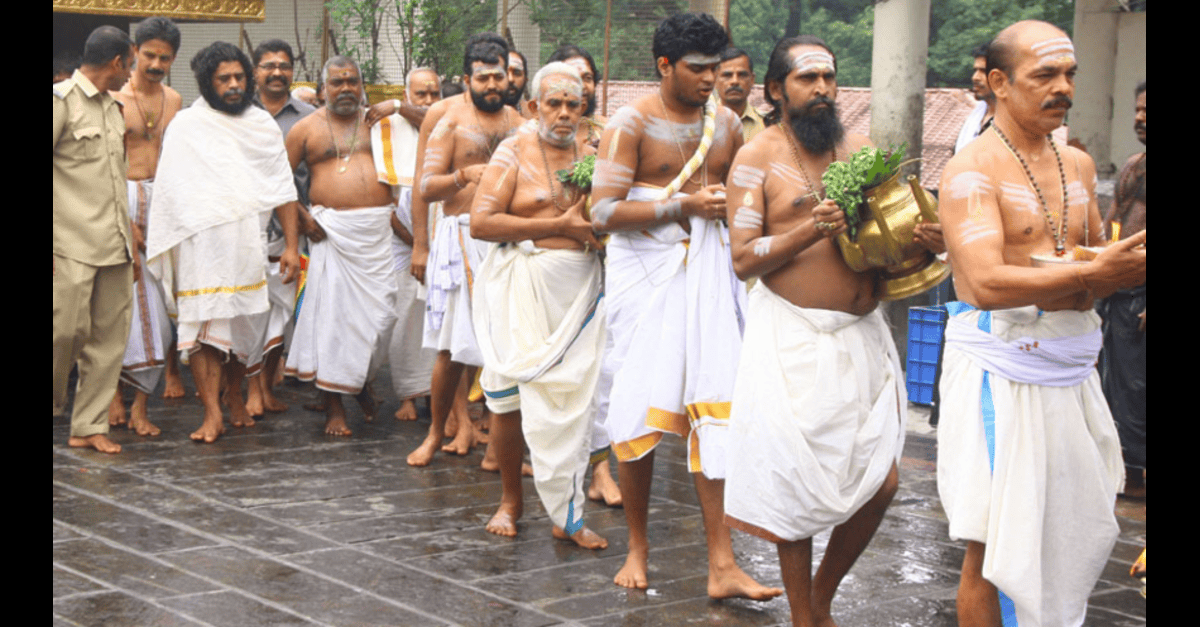INTRODUCTION
Caste cannot form a basis for the appointment of trustees in temples, according to a pivotal landmark judgment of the Supreme Court of India that costed putting equal principles in the Constitution. That sends a significant message toward eliminating caste discrimination in religious institutions. Declaring caste irrelevant for such appointments reiterates that merit, secular governance, and participation need to be pressed in temple administration.
BACKGROUND
A devotee of Sree Devaswom filed a writ petition against the appointment of non-hereditary trustees by the Commissioner of the Malabar Devaswom Board (MDB). The petitioner stated that thus appointment contravenes the previous orders of the High Court in this regard, as they state that no person active in politics holds a post or not shall be candidates to be appointed as non-hereditary trustees in temples coming under MDB.
However, he appointed as trustees two active politicians in ruling party, a busy professional, and an unrelated person, which was unnatural for the petitioner. Further relief claimed in restoring a selection committee so that appointment of non-hereditary trusts in its temples is made fair and transparent.
KEY POINTS
- Petition for Writ: Challenging the appointments with respect to non-hereditary trustees by the Commissioner of Malabar Devaswom Board (MDB), one devotee of Sree Devaswom put forth his petition.
- Contempt of Court Orders: Denied appointment on grounds of previous orders of the High Court which debar persons active in politics, from appointment as nonhereditary trustees, without regard to whether they have an office or not.
- Sought Relief: The petitioner wanted:
- Removal of appointed trustees and
- Constituting a selection committee for fair transparent appointment of non-hereditary trustees in MDB temples.
RECENT DEVELOPEMENTS
The Supreme Court, in its judgment, ruled that caste cannot play any role in the appointment of temple trustees. In particular, the Court felt temple administration is merely an administrative issue requiring competence, dedication, and integrity rather than qualifications based on caste. It further said that such continuation really puts the spirit of the Constitution behind and negates the goal of a casteless society.
However, it further clarified that while religious practices and customs should be accorded due regard, they cannot override constitutional principles. The judgment strengthens the secular character of temple management and provides access to citizens of society to participate in the governance of religious institutions.
CONCLUSION
The verdict has far-reaching implications for temple administration and the caste system in India. It sends a clear message that caste discrimination has no place in modern governance, including in temples. The judgment thus paves the way toward merit and inclusivity, creating a just and transparent structure for temple management.
“PRIME LEGAL is a full-service law firm that has won a National Award and has more than 20 years of experience in an array of sectors and practice areas. Prime legal falls into the category of best law firm, best lawyer, best family lawyer, best divorce lawyer, best divorce law firm, best criminal lawyer, best criminal law firm, best consumer lawyer, best civil lawyer.”
WRITTEN BY: SHAKCHI VERMA


